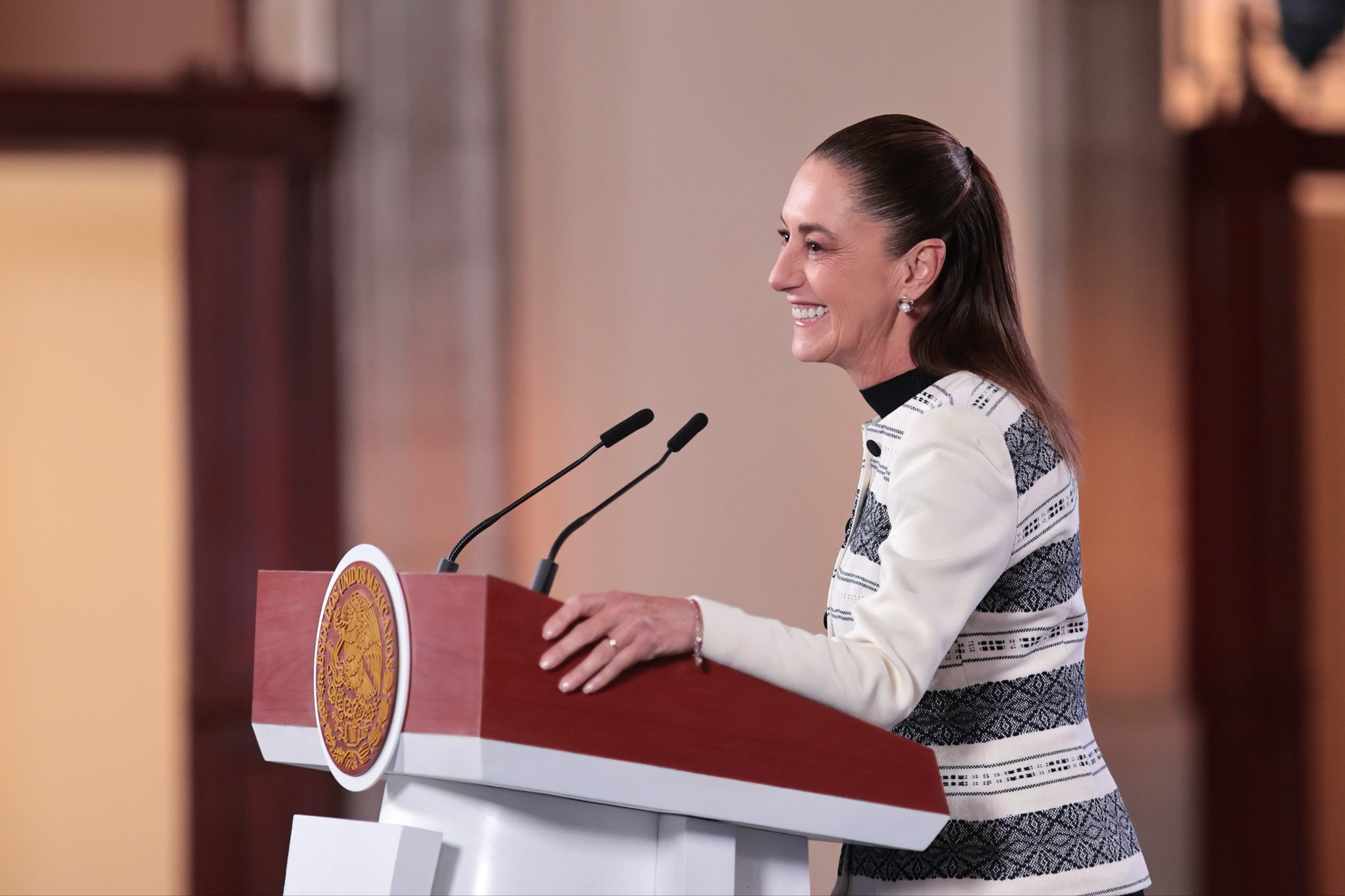Mexico and the G20: Rethinking the Global Economic Balance
Mexico and the G20: Rethinking the Global Economic Balance
AS/COA brought together a group of leading public and private sector officials to analyze Mexico’s burgeoning global leadership, particularly in the run-up to July’s presidential elections.
Mexico’s preparations for the G20 Summit and the World Economic Forum Latin America mark a crucial turning point for the country as an international player. On March 13, Americas Society/Council of the Americas and ProMéxico brought together a group of leading public and private sector officials to analyze the country’s burgeoning global leadership, particularly in the run-up to July’s presidential elections. In her opening remarks, AS/COA President and CEO Susan Segal noted that 2012 is a high-impact for year for Mexico, which, as the G20 chair, holds a key position in terms of global leadership. ProMéxico President and CEO Carlos Guzmán urged for continued focus on international commerce as a motor of global economic growth at a time of economic challenges.
Get complete coverage of the conference at: www.as-coa.org /Mexico2012/
Speakers:
- Lourdes Aranda, Undersecretary for Foreign Affairs and G20 Sherpa, Mexico
- José Antonio Meade, Secretary of Finance and Public Credit, Mexico
- Carlos Guzmán, President and CEO, ProMéxico
- José Enrique Arrioja, México City Bureau Chief, Bloomberg
- Susan Greenwell, Vice President and Head, International Government Affairs, MetLife, Inc.
- Leo Martinez-Diaz, Deputy Assistant Secretary for the Western Hemisphere, U.S. Department of the Treasury
- David D. Nelson, Senior Manager, Global Government Affairs and Policy, General Electric Company
- Dan Reed, Corporate Vice President, Technology Policy, Microsoft Corporation
- Alberto Saracho Martínez, Executive Director, Fundación IDEA
- Miguel Székely Pardo, Public Policy Advisor, Josefina Vázquez Mota, Partido Acción Nacional (PAN)
- Fernando Turner, Member of the Executive Board, Movimiento Regeneración Nacional (MORENA)
- Emilio Lozoya Austin, Coordinador de Asuntos Internacionales de la Campaña Presidencial, Enrique Peña Nieto, Partido Revolucionario Institucional (PRI)
- Susan L. Segal, President and CEO, Americas Society and Council of the Americas
The Role of México as President of the G20 Meetings in 2012: Lourdes Aranda, Undersecretary for Foreign Affairs and G20 Sherpa, Mexico
- To learn more, watch an AS/COA Online video interview with the undersecretary regarding Mexico’s G20 presidency.
The B20 in Mexico: Private Sector Perspectives
- Watch a video interview with David Nelson about green growth, a G20 agenda topic.
Microsoft’s Dan Reed spoke to the role of the B20’s ICT innovation task force, noting that the group is looking at the interplay between education and green technology, as well as how access to information can level the playing field from a business perspective. With technology broadening availability of information and education, SMEs can have the same access to information as major companies—an important factor in job creation.
- Watch a video interview with Dan Reed about entrepreneurship.
Mexico: Economic Programs for 2013-2019
With Bloomberg’s Mexico City Bureau Chief José Enrique Arrioja moderating, the advisors to Mexico’s three main presidential candidates articulated their economic visions for the country. The candidates agreed on what ailed Mexico, but differed on which specific prescriptions are needed to solve Mexico’s problems.
North America and the Prospects for Global Economic Recovery, with U.S. Treasury Department’s Deputy Assistant Secretary for the Western Hemisphere Leo Martínez-Díaz
During his presentation, U.S. Treasury Department’s Deputy Assistant Secretary for the Western Hemisphere Leo Martínez-Díaz gave an overview of U.S.-Mexican economic ties since the implementation of the North-American Free Trade Agreement (NAFTA), as well as what the future holds for relations. Martínez-Díaz said that since 1994, the value of bilateral trade has increased by 350 percent, U.S. investment in Mexico has increased 430 percent, and Mexican direct investment in the United States has increased by 500 percent. While the share of Mexico’s exports to the United States peaked in 2000, it has fallen to 79 percent, demonstrating Mexico’s diversified global trade ties. At the same time, he noted that Mexico is gaining a competitive edge in the field of labor, as China’s labor wages are on the rise. With an evolving relationship, U.S. and Mexican officials now discuss global issues rather than just bilateral ties when they meet, he said. “In many ways, Mexico has led by example,” he said, noting its leadership in openness to free trade, fiscal stability, and pioneering in the area of conditional cash transfers. Looking ahead, he forecast resilience for both economies and increased Mexican direct investment in the United States. In that context, he predicted rising cross-border links in the fields of science and innovation. He closed by noting that elections coming up this year in both countries will allow for an opportunity to reaffirm the bilateral partnership.
In closing remarks, Mexican Secretary of Finance and Public Credit José Antonio Meade pointed out that Mexico is the first Latin American country to host the G20. He stressed that, with Mexico as the chair, this year’s summit will focus on experiences of both G20 members and non-members in assessing the issue of financial regulation. But in the case of many countries—Mexico included—it is as relevant to discuss how to build financial inclusion as it is to focus on financial regulation. To that end, it is crucial for the G20 to define the best practices for advancing and promoting financial inclusion, he said. He also noted that this year’s G20 will make use of studies on disaster-risk mitigation, green growth, and the potential impact of financial regulation on emerging markets.
The secretary gave his perspective on the G20 finance ministers' meeting held February 25 and 26 in Mexico City, noting that attendees generally see the global economy in a state of recovery. The ministerial summit reaffirmed support to help stabilize EU economies, with the IMF as the chief institution to handle the crisis but with potential availability of additional funds.







